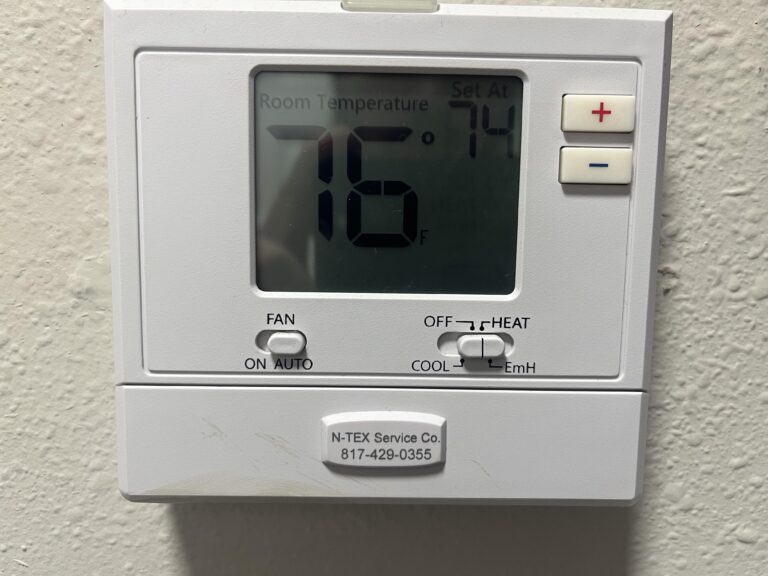Active Tax Management for Passive Income: A Rental Property Owner’s Perspective
Many people see rental income as the highest form of passive profit because tenants pay off your loan while you make money from rent. Yet, receiving passive income means you are still responsible for handling your tax issues. A lot of rental owners lose profits, end up with audits, or have to pay more taxes than they should due to simple errors. Let’s see what expert investors should keep their eyes on.
- Misclassifying Repairs vs. Improvements
The Overlooked Issue
It’s understandable to mix everything into a single maintenance category, but the IRS doesn’t see it that way. A leak in the faucet can be deducted in the year when you fix it. A new HVAC system is considered an improvement and needs to be capitalized and depreciated over several years. A California tax attorney can come to the resort in such situations, and one can go for a consultation.
Why It Matters
Giving the wrong category to these expenses may result in the IRS rejecting your deductions during an audit. Most importantly, it can create fake jumps in your annual return or make it fall when it shouldn’t.
What to Do Instead
Digitally record every business expense. Save your receipts, the invoices from contractors and pictures of the work before and after it was done. You may use the information from IRS Publication 527 or contact a professional who knows about rental real estate. When you’re not sure, consult a tax professional to help you place your Schedule E income in the right categories.
- Not Including Depreciation in Property Value
The Overlooked Issue
It’s easy for first-time landlords to overlook the fact they can write off the structure of their rental over 27.5 years. This is among the best tax protection a company can use.
Why It Matters
An asset’s depreciation is for paperwork, but it won’t change how much money you actually spend or receive. Failing to file your taxes means you are helping the IRS get bigger every year.
What to Do Instead
The basic formula for calculating your depreciable basis is to subtract land value from your purchase price. When your business hasn’t claimed depreciation before, you could use Form 3115 to ask for those untaken deductions. Using an IRS tax attorney from San Diego or another location is a way to avoid penalties when navigating this.
- Not Tracking All The Deductible Expenses
The Overlooked Issue
Because they often fail to check the rules, rental owners commonly miss claiming expenses such as mileage, law expenses, or managing the property. You can even count things like cell phones and office supplies.
Why It Matters
Not using all the deductions, you can leave the profit margin at risk of being lower. In the worst case, irregular or disorderly records will attract suspicions in an audit.
What to Do Instead
Rely on programs or spreadsheets to monitor every expense happening right now. Use different accounts for your money and your rental money. Be sure to keep good bookkeeping as high a priority as finding good tenants.
Even though rent is passive income, the tax savings you find can be very active if you do your research.

